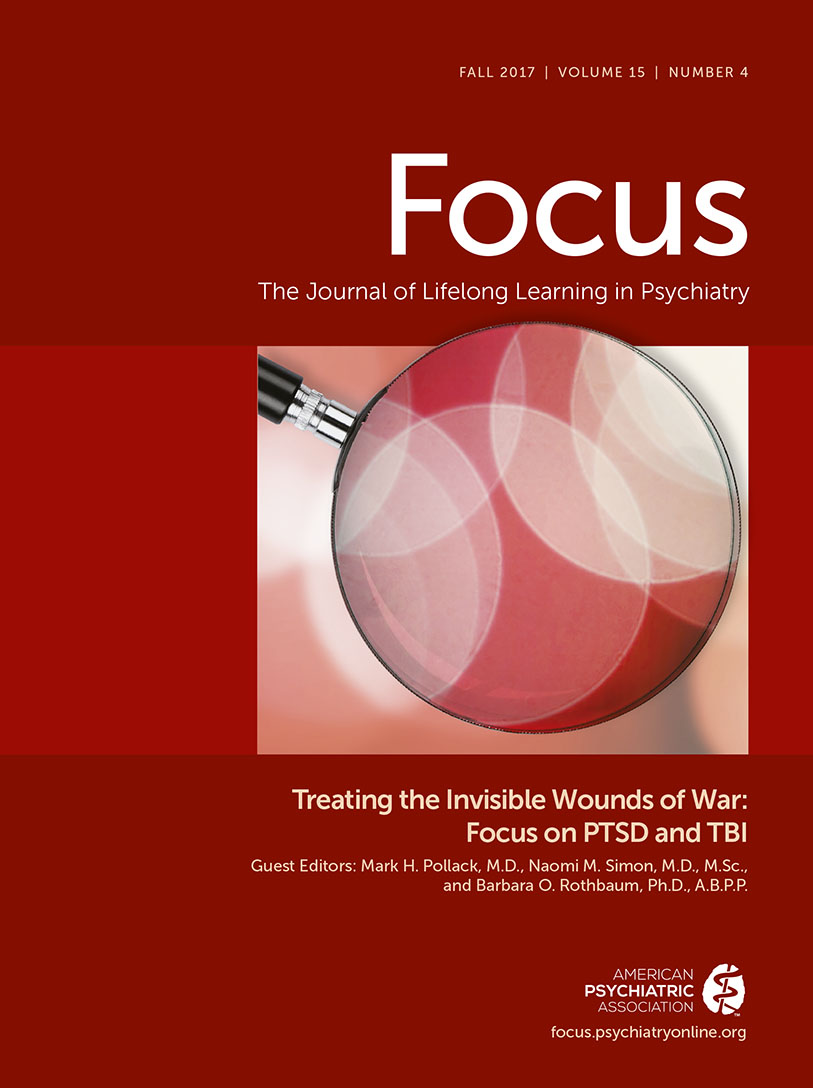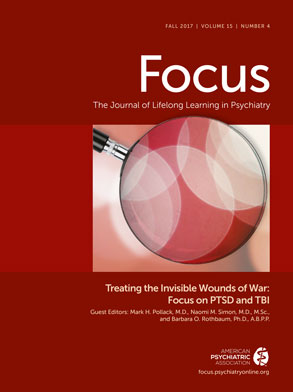As clinicians, we may not always pay attention to the “big picture,” especially in areas in which we are not specialized. Substance abuse and drug addictions have been such an area for me. I have paid attention to possible substance abuse by my patients, tried to address what I have been able to, or referred them to the dearth of substance abuse specialists and facilities in my state of Michigan. However, I have not been thinking much about the big picture, the fact that substance abuse is tearing the fabric of our nation (the cliché rings true).
Recently, several articles, news stories, and presentations made me quite concerned about this big picture. In my home state of Michigan, the number of drug overdose deaths was 1,981 in 2015, up from 455 in 1999. Prescription drugs (including oxycodone, hydrocodone, methadone, and fentanyl) were involved in 45% of drug poisoning–related deaths in Michigan. Yet, not only is medical marijuana available in Michigan, but legalization of marijuana is on its way, being hailed as a billion-dollar industry. I realize that marijuana is not the same as opioids, but marijuana use makes people more vulnerable to use of other substances, and the marijuana of yesterday is not the same as the marijuana of today, the latter’s concentration being much higher. Discussion of marijuana use is also void of the possible physical consequences of marijuana use (e.g., lung disease).
Substance abuse is not only about death as a result of drug overdose. Use of amphetamine, methamphetamine, cocaine, Ecstasy, and other drugs is associated with premature aging and with increased morbidity and mortality. Opioid use has deleterious effects on the endocrine system and thus also increases morbidity and mortality during complex surgical procedures. As noted by Bachi et al. (
1), drug addiction in general may trigger early onset of age-related diseases. They persuasively discussed various processes that may hasten aging and its relevance to drug addiction, such as oxidative stress and cellular aging, inflammation in the periphery and brain, decline in brain volume and function, and early onset of cardiac, cerebrovascular, kidney, and liver disease. We should add infections associated with drug addiction, such as hepatitis C and HIV.
The big picture is scarier than we probably realize. We have not been successful (yet) in the development of effective treatments for drug addiction. Let’s face it, Mark Gold (who has spent several decades conducting drug addiction research) is right in telling us that most of the treatments we have are just bandages (e.g., naloxone in overdoses—what happens afterward?). Even in fighting nicotine addiction, where medicine has been relatively successful, prevention and public education have been more effective than the treatments we have developed.
The big picture is truly disquieting. It seems that our options are more public education, more prevention, and fighting legalization, yet we also sorely need more effective treatments to stop the self-destruction of a significant part of our nation.

